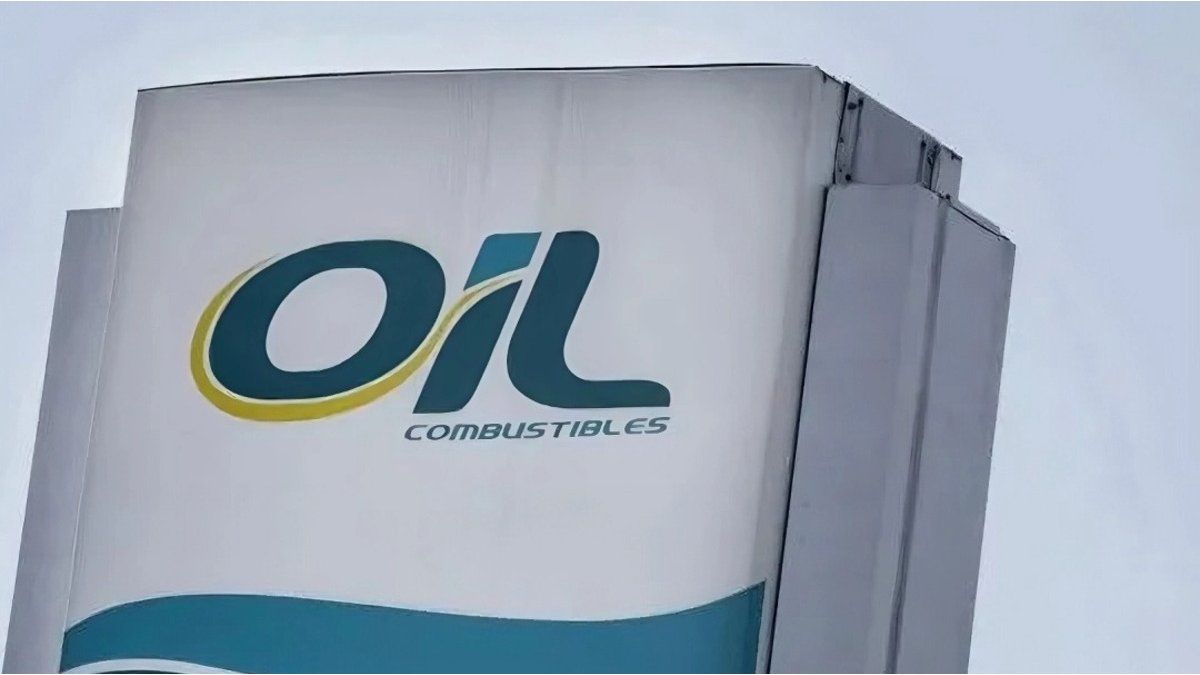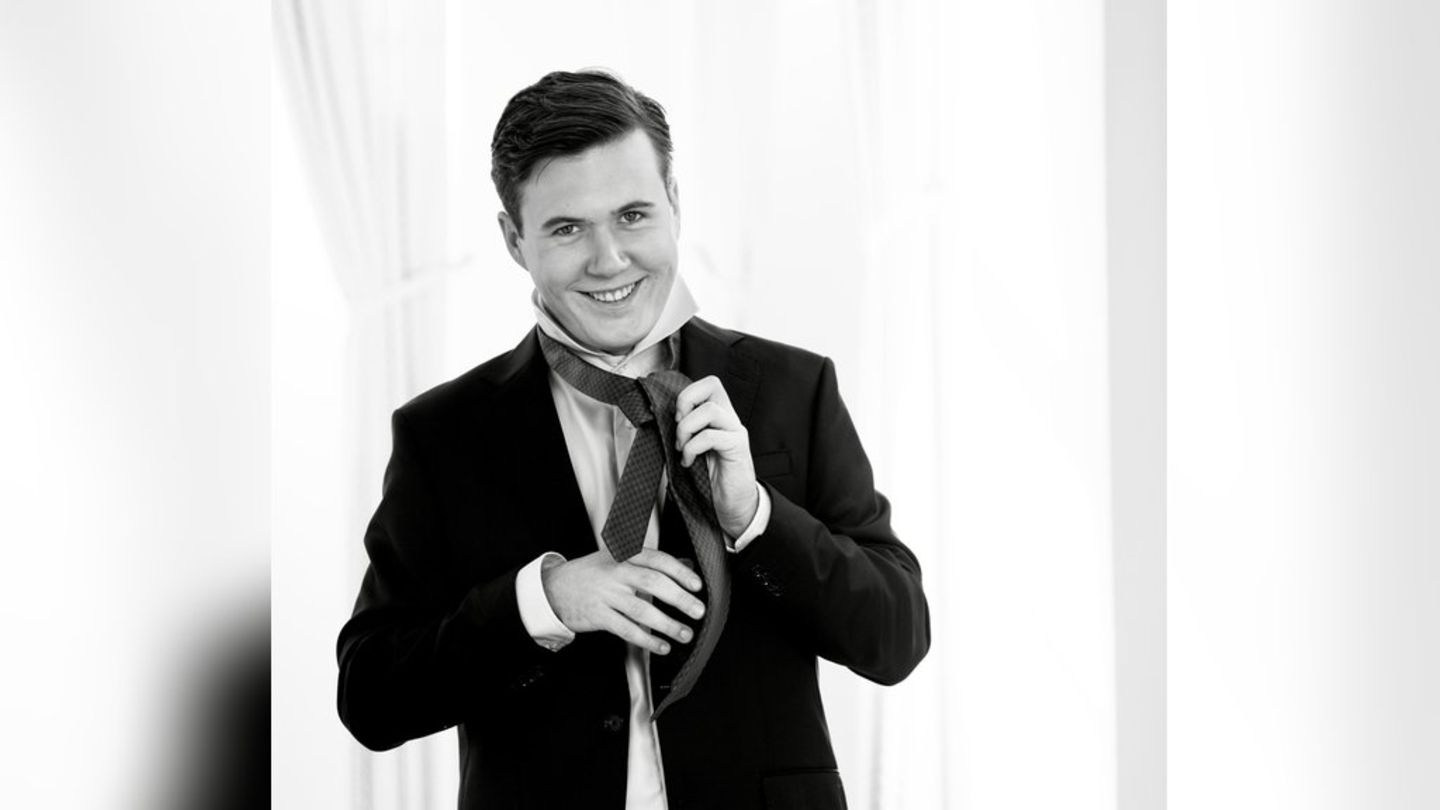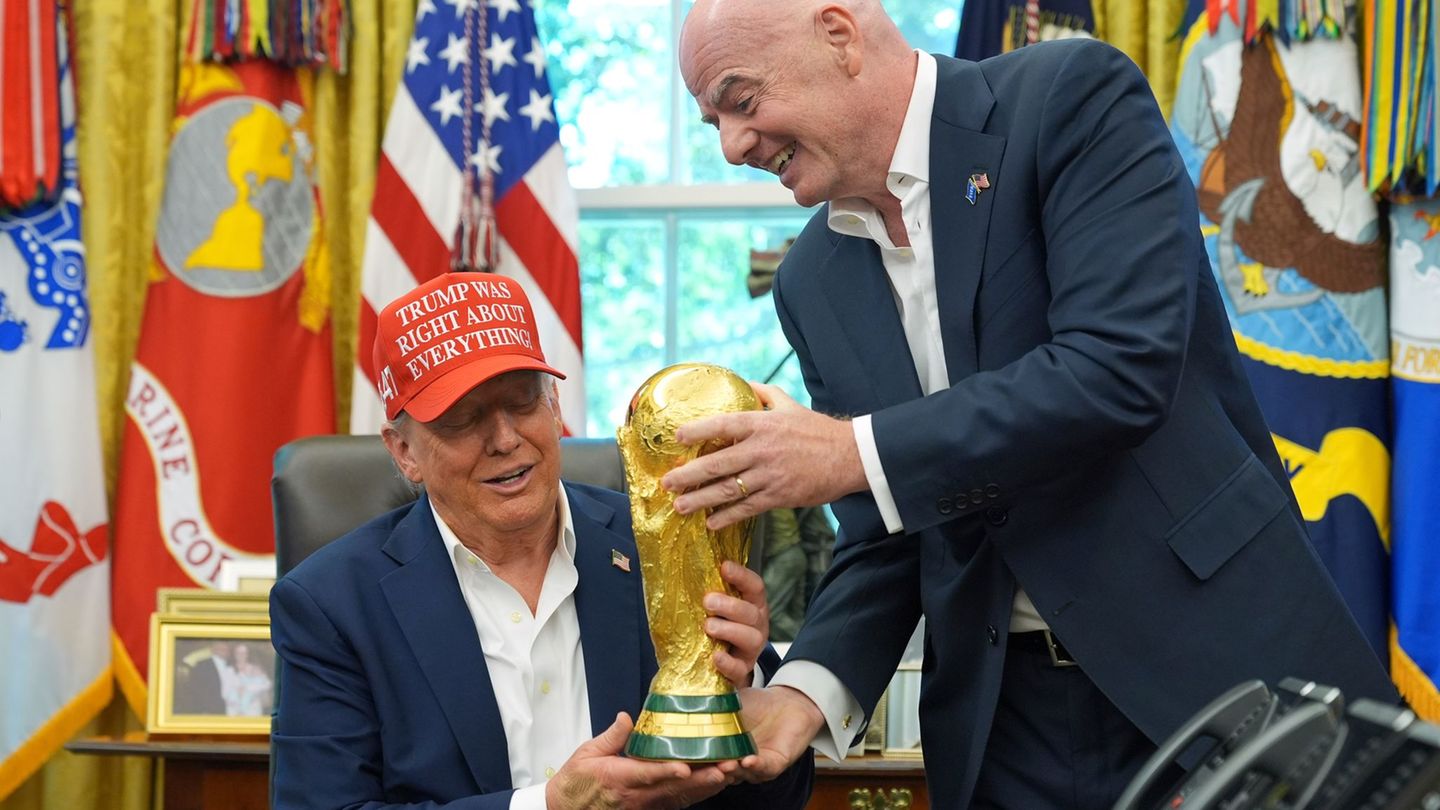Room I of the Criminal Cassation Chamberat the request of the Supreme Court, he once again reviewed the appeal of the Public Prosecutor’s Office and once again resolved – majority – his rejection. In this way he confirmed the acquittal of the businessmen Cristóbal López and Fabián de Sousa in the cause oil fuels.
In this way, the First Chamber of the Maximum Criminal Court of the country composed of the judges Alejandro Slokar, Mariano Borinsky and Guillermo Yacobucci, endorsed the sentence issued by Federal Oral Court No. 3 in 2021, before the probative inconsistency of the tax accusation.
The Federal Chamber of Cassation, for the second time, but with different integration, discarded the grievances of the Public Prosecutor (Fernando Machado Pelloni, Javier Feliciano Rios, Diego Barroetaveña, Daniel Petrone, Alejandro W. Slokar and Mariano H. Borinsky).
In the case, this time, The magistrates adjusted to the mandate of the Supreme Court of Justice of the Nation, which categorically excluded the arguments related to the link with other processes And what, in the words of the Interim Attorney General, Eduardo Casal, would have constituted “the dense plot of personal and commercial relations of mutual benefit between the accused and those who were at that time high officials of the public administration” [Sic.].
Discarded by the Court that grievance, in the sentence, which addresses the remaining questions related to the intervening office, the distrust of pending obligations allegedly carried out and the “Intercompany” loans were dismissed from a thorough examination of the test collected During the trial, which ratifies once again – how less for the benefit of doubt (art. 3 CPPN)- The acquittal that the court arranged after the trial.
Thus, the hypothesis was analyzed in correspondence with the analogous situation of other taxpayers. In particular, regarding the alleged exceptionality of the plans granted, the cases of the Council of the Magistracy of the Nation, YPF and the Argentine Soccer Association (AFA), who received similar benefits were highlighted. Regarding the registration of the company in an office other than the person in charge of “great taxpayers”, and invoked the identical treatment granted to companies such as Arcor, general oil of Heza or Renault, concluding that this did not respond to a decision that the accused
It was also argued that the Prosecutor’s Office had not refuted the statement of the judges of the previous instances that there was no qualitative difference in terms of the controls carried out in an agency or in large taxpayers. Therefore, the accusatory argument referring to the fact that the registration of oil fuels in an agency (as was the case with other large companies) and not in large taxpayers was justified in the intention that the firm was not controlled by the Treasury, cannot be considered plausible.
Additionally, the sentence ruled out the fiscal hypothesis that the company allocated money belonging to the state coffers to finance the expansion of the group, since Oil Fuels was not a retention agent or perception of the tribute, such as the profuse test collected in the trial .
In addition, other arguments of the accusing party were discarded based on which it intended to revoke the acquits of Cristóbal Manuel López and Carlos Fabián de Sousa (including, alleged communications via mail between AFIP officials and members of the company Oil Fuels ).
Most was made up of the votes of Judges Slokar and Borinsky Who, however, previously held the prescription of the action, which was not followed by Judge Yacobucci in his minority vote.
Borinsky said that the criminal action is prescribed since the 6 -year period from the citation of the parties to trial (June 28, 2018) until June 28, 2024 (maximum of the criminal scale applicable to the crime of fraud against the public administration -Art. Thus, after the ruling of the highest court dated May 28, 2024 that ordered the forwarding of the case to the Federal Chamber of Criminal Cassation, the criminal action had lost its validity and, consequently, the prosecutor’s grievances lost virtuality surviving. Borinsky considered that the suspensive cause of the prescription provided for in the second paragraph of art. 67 of the Criminal Code for different foundations, and remarked that the question of the extinction of the prescription action had been raised by the Defense of De Sousa during the report hearing held in the month of August 2024.
Judge Borinsky also stressed that the criterion linked to the non -operation of the suspensive cause of the sustained prescription in his vote (and in many other cases in the past) it had also recently exposed it in the “Road” case, by analyzing the dismissal by prescribing the criminal action of Carlos Santiago Kirchner and applying that it was appropriate to confirm it. And that this was consented to by Attorney General Mario Villar -who also acts as a prosecutor in the case of fuels -, not challenging that aspect of the ruling in the extraordinary federal appeal that he presented a few days ago in the “road” case.
Finally, when observing that he had to lean for any of the opposite positions of his colleagues (Slokar proposed to reject the fiscal resource and Yacobucci considered that the appeal should prosper), in order to form a majority of foundations and resolve the issue avoiding an unnecessary prolongation of The times of the process, Borinsky said that “in line with the judges of the Federal Criminal Oral Court No. 3 and the magistrates that They integrated Chamber I of this Federal Criminal Cassation Chamber in the previous intervention in this case -Petrone and Barroetaveña -and after estimating the requirement of the foundation requested by the Supreme Court of Justice of the Nation, as long as the questions of the Public Ministry of the Public Ministry Prosecutor were properly answered by the preopinating vote with sufficient argumentation, ”he would adhere to Judge Slokar’s proposal to reject the appeal of the Public Prosecutor’s Office -Posture that was closer to the definitive conclusion of the process by prescribing the criminal action he held.
Once again, the Federal Criminal Cassation Chamber concluded confirming the acquittal of the Federal Oral Court No. 3 with respect to Cristobal López and Fabián de Sousa, in the case that was initiated in 2016 And that he continued with the oral trial that virtually two years supply until he concluded at the end of 2021, the year in which the AFIP itself gave up continuing with the complaint.
For the fact in question, he was sentenced to the penalty of four years and eight months in prison and special perpetual disqualification to exercise the public function for the crime of fraudulent administration to the detriment of the public administration, who at that time would serve as head of the Federal Public Income Administration –Afip-, Ricardo Echegaray.
Source: Ambito




